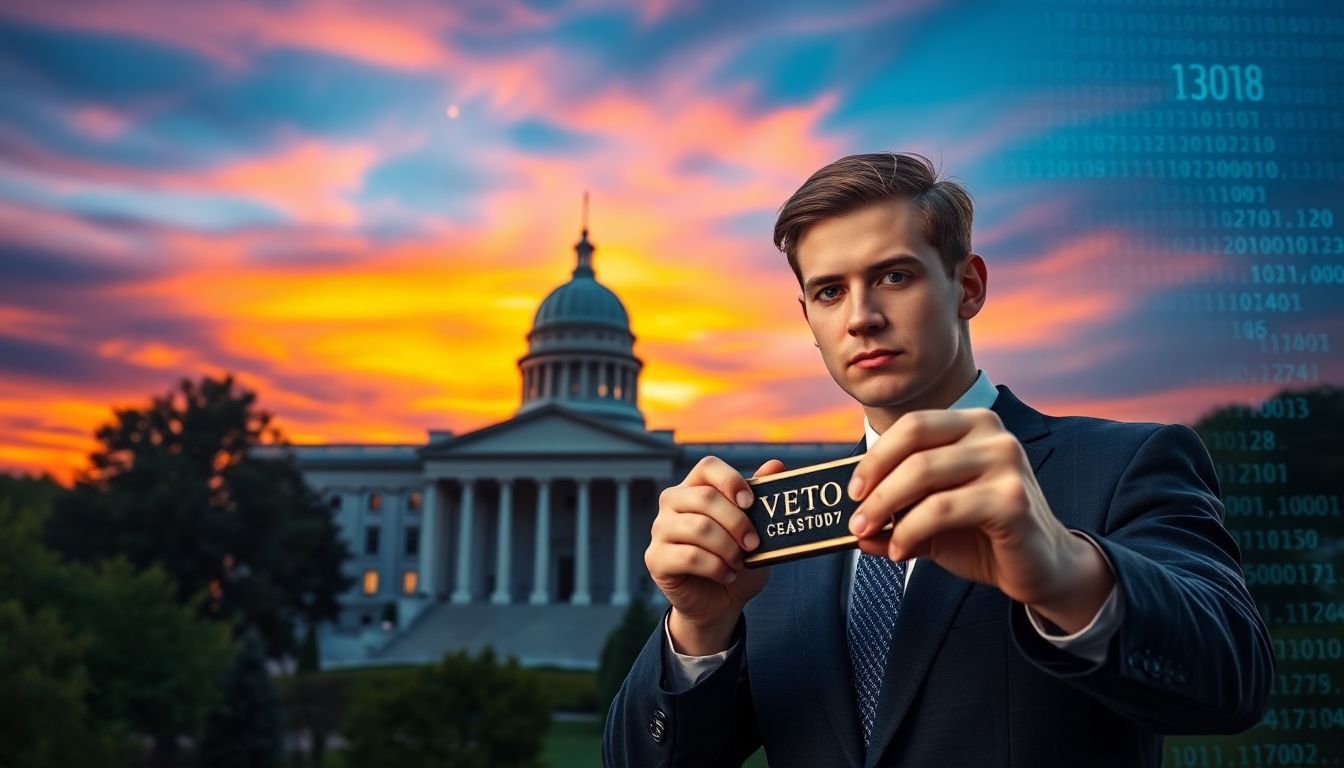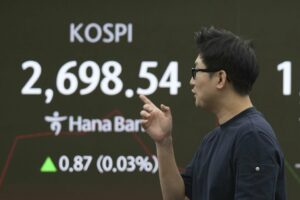Virginia, dubbed the “data center capital of the world,” is confronting increasing tensions between explosive technological growth and its effects on local communities. That drama climaxed Friday when Governor Glenn Youngkin vetoed a bipartisan-endorsed bill to regulate data center development.
The legislation, House Bill 1601, was introduced by Prince William County Delegate Josh Thomas. The bill would have required new data center proposals to undergo environmental and community impact studies, including analyses of water sources, agricultural zones, parkland, historic landmarks, and forestlands. It also mandated noise studies to determine potential disturbances to schools and neighborhoods within 500 feet.
The governor rejected the measure, stating it undermines local autonomy.
“However well-intentioned the legislation, it imposes a one-size-fits-all approach on communities in their best position to decide for themselves.”
But local activists say the real issue is quality of life.
“For individuals who live in the shadow of these facilities, they understand perfectly well,”
said Kathryn Kulick of the Virginia HOA Roundtable. She criticized Youngkin’s dismissal of sound profiling measures.
“That’s to understand how low-frequency noise is emitted from these facilities so they don’t keep people up all night. These data centers never shut off.”
In his veto statement, Youngkin emphasized economic growth, pointing to the projected creation of 74,000 jobs linked to the data center industry.
“Data centers provide an opportunity for localities across the Commonwealth,”
he said. But Delegate Thomas and others argue that public health should not be the cost of profit.
“Despite wide bipartisan backing for HB1601 and hundreds of constituents pleading its passage, Glenn Youngkin once again put corporate greed ahead of community health,”
said Thomas. “His decision to ignore calls for responsible data center growth reflects his allegiance to big tech and greed — at the expense of our citizens’ health and environment.”
Though the bill is now blocked, opponents of the veto say the movement continues. Some are already turning their attention to the November governor’s race, calling for leadership that prioritizes community voices.
“I hope someone stands up next session,”
said Kulick. “We need a governor who understands just how much this means to working families — their homes, their children, their future.”




